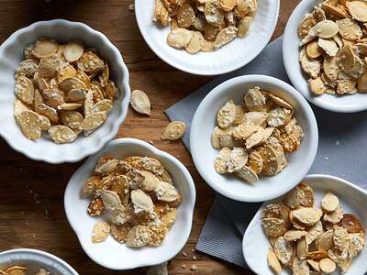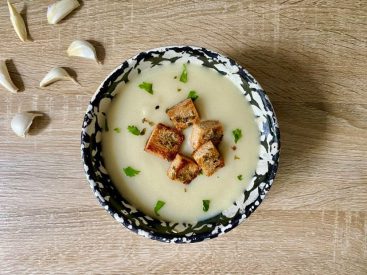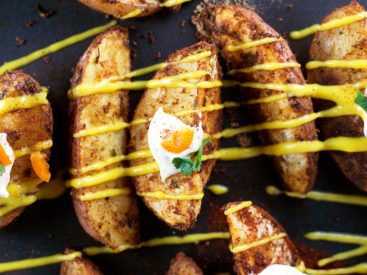Watermelon seed bites, straws made from sugarcane, and carbon-conscious coffee. Design by Chineme Elobuike for Thrillist What if we told you that eating the right kind of snacks can make the world a better place? Or by simply swapping the plastic wrap that covers your leftovers, you can reduce […]
Delicious!
Delicious!



